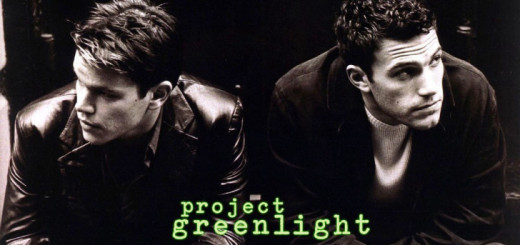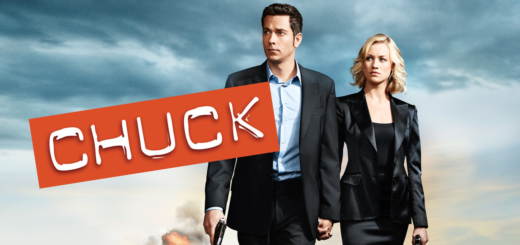The Deal With TV After-Shows
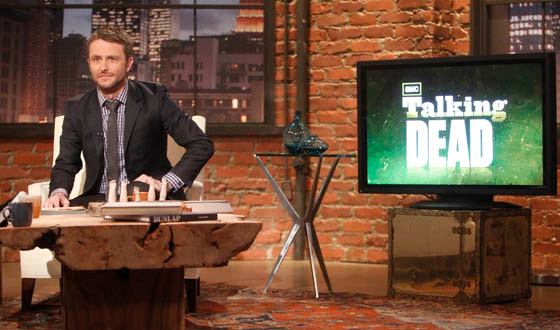
We live in a crazy time. Nobody from 50 years ago could have ever guessed that television would be such a big part of our lives today. There are endless amounts of good content on the small screen, and some of us spend more time with TV characters than we do with our own families. Not only has television become a huge part of our culture, but the discussion of television has as well. This all started with fandoms and “cons,” but in recent years, this movement has developed a new medium of television discourse: the after-show.
A TV after-show, for those who don’t already know, is exactly what it sounds like. It’s a show after the show. Essentially, a host discusses the episode with cast and crew from the series or other outside celebrities. Several shows have taken to this new trend, such as BREAKING BAD, GAME OF THRONES, AWKWARD, BETTER CALL SAUL, TEEN WOLF, and most notably, THE WALKING DEAD.
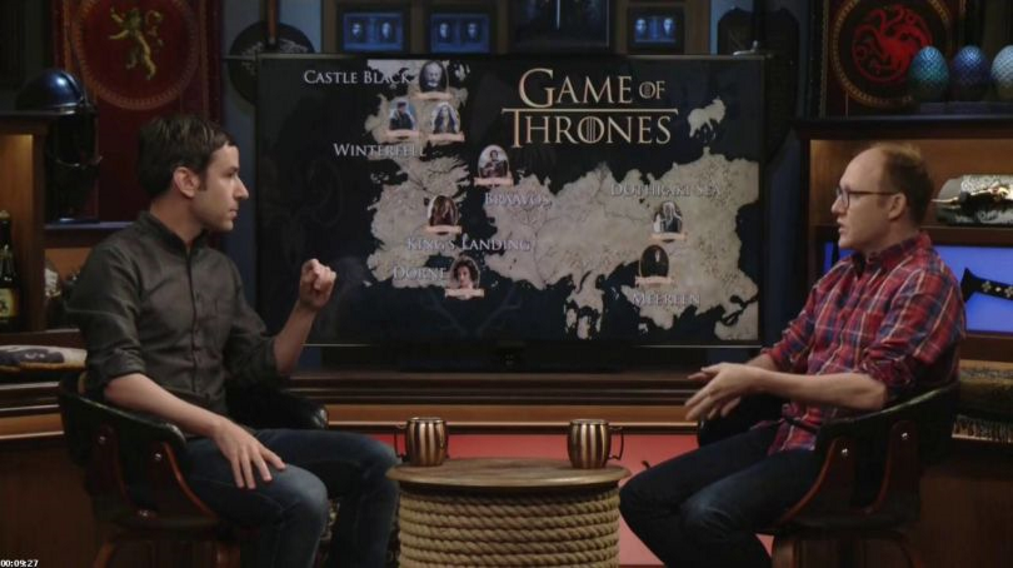
I’m sure they spent an entire episode just trying to figure out where the fuck everyone in GAME OF THRONES is located
Now, I know what you might be thinking. Why the hell would I watch an after-show? I just spent an hour watching an episode, why would I spend another listening to people recap it? In more ways than one, you’re right to be skeptical about after-shows But first, let me tell you why they can be appealing.
After-shows can be worthwhile if you’re someone like me who enjoys peeking behind the curtain. If I finish an episode wondering “HOW THE HELL DID THEY DO THAT?!,” watching the after-show will probably give me the answer. The directors, actors, producers, and writers often come on these shows and talk about what went into making the episode, including on-set clips and interviews. But if the behind-the-scenes stuff isn’t your thing, after-shows can also help clarify parts of episodes that are unclear, and explain some of the meaning that the writers wanted to convey. Also, although it’s kind of manipulative, these shows often sneak in some exclusive clips (teasers, sneak peaks, etc.) that can’t be found anywhere else, so watching the after-show can put you ahead of the game.
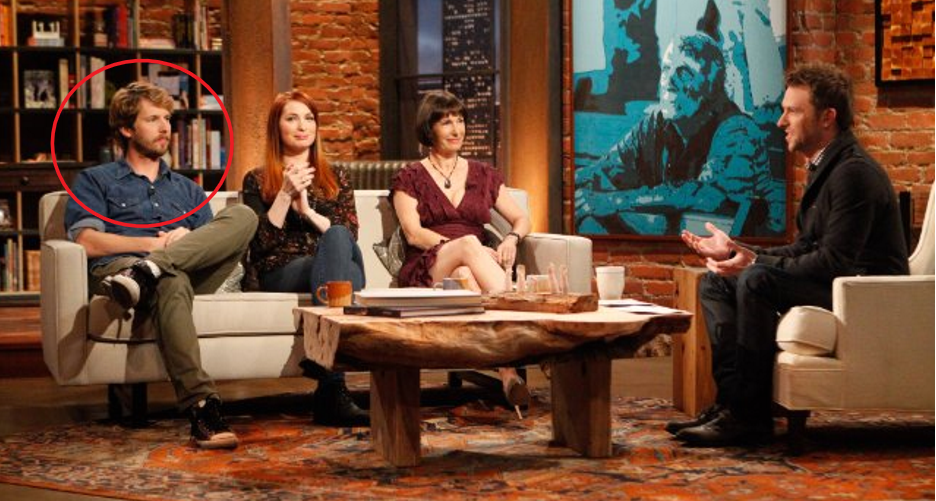
When you can’t get cast from THE WALKING DEAD, let’s bring in the guy from NAPOLEON DYNAMITE. That’ll get a laugh.
Now that I’ve told you about all the benefits of after-shows, I’ve got to tell you the cold hard truth: after-shows suck. They suck for one key reason: They are produced by the same network that produces the show they are talking about. If an outside source wanted to host an after-show about HBO’s GAME OF THRONES, they could say pretty much anything they wanted about it. But because AFTER THE THRONES is put on by HBO, they’re going to steer clear of any conversation that critiques the show or depicts it in even a slightly negative light. The host and guests can’t really talk about any frustrations they had with an episode, anything the show could have done better, or anything that doesn’t praise and applaud the decisions the writers made. In fact, most of the after-show is going to basically be a promo for the next episode of the main show.
While I don’t really hold this against them, I hate when some of the hosts refer to the after-shows as a proper forum or discussion of the episodes, because they’re not. If you really want to analyze a series, you have to look at both the good and the bad, which you’re not going to get out of watching an after-show.
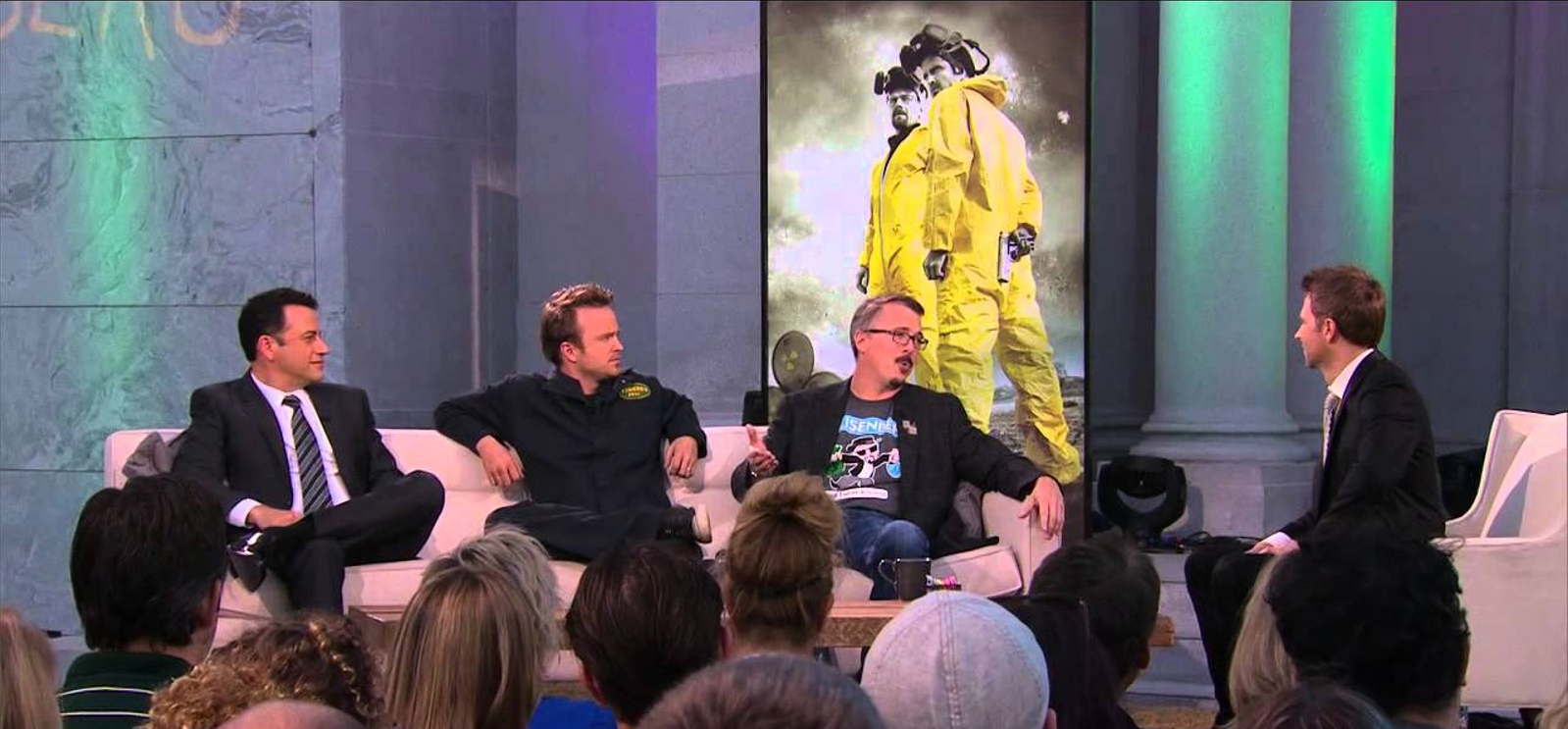
Did we really need TALKING BAD? We couldn’t leave the masterpiece of BREAKING BAD alone?
The biggest thing that can make an after-show insufferable is when it ruins the experience of watching the main show. I have a pretty big example of this, as it’s the reason I gave up on after-shows. The most popular, and arguably the first major, after-show is AMC’s TALKING DEAD, dedicated to the AMC hit zombie series THE WALKING DEAD, and hosted by comedian/nerd Chris Hardwick. Everybody who watches THE WALKING DEAD remembers the infamous Glenn fakeout in Season Six. Basically, there was a scene where the show tried to convince us that fan-favorite Glenn had been killed, by having him fall off a dumpster directly into a horde of zombies and showing close-ups of guts being ripped apart. While the scene definitely implied his death, the abruptness of it all and some of the technicalities created a debate in my mind over whether Glenn was dead or alive. That was until I watched TALKING DEAD, which basically told me outright that he was alive.
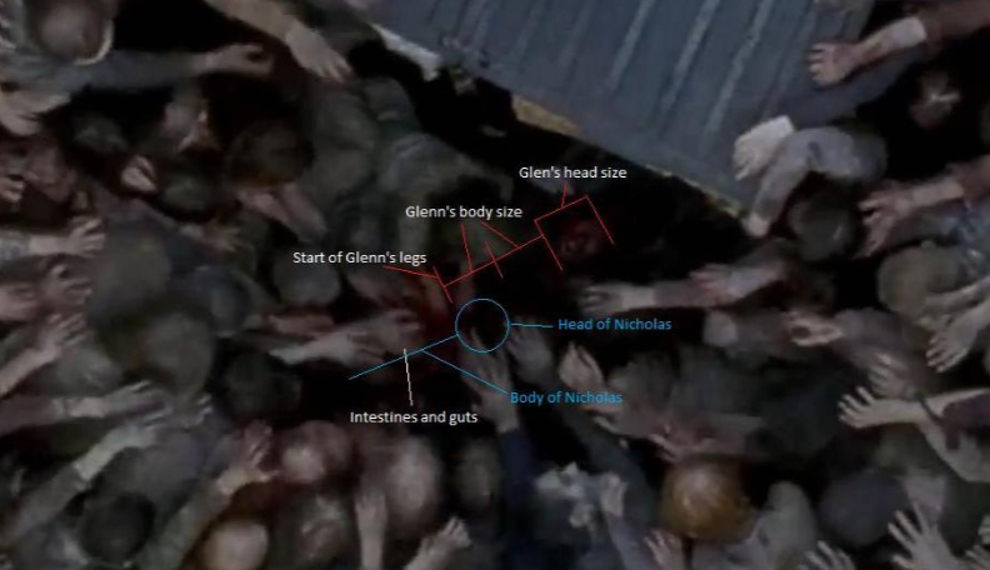
Fans put more analysis into Glenn’s death than detectives do in murder cases
There were multiple ways that TALKING DEAD completely spoiled the whole thing. The after-show has a segment called “In-Memoriam,” where they dramatically list all of the characters who died during the episode. In the stupidest decision ever made, they decided not to put Glenn in that list. WHY?! YOU ARE LITERALLY TELLING ME THAT HE IS STILL ALIVE. Even worse, Chris Hardwick read a statement from TWD showrunner Scott Gimple, saying “We will see Glenn, some version of Glenn or parts of Glenn again, either in flashback or in the current story to help complete the story.” Well, what the hell was the point of that? If you’re trying to convince an audience a character is dead, why on Earth would you release a statement that completely suggests otherwise? A few episodes later when they revealed that Glenn was alive (somehow saved by sliding under the dumpster), it had no impact on me, because I already knew. If TALKING DEAD had just set up their show with the mindset that Glenn was dead, and not released bullshit statements, maybe I would have bought into their little ploy.
The moral of this story is this: An after-show should exist to enhance the viewing experience, not detract from it.
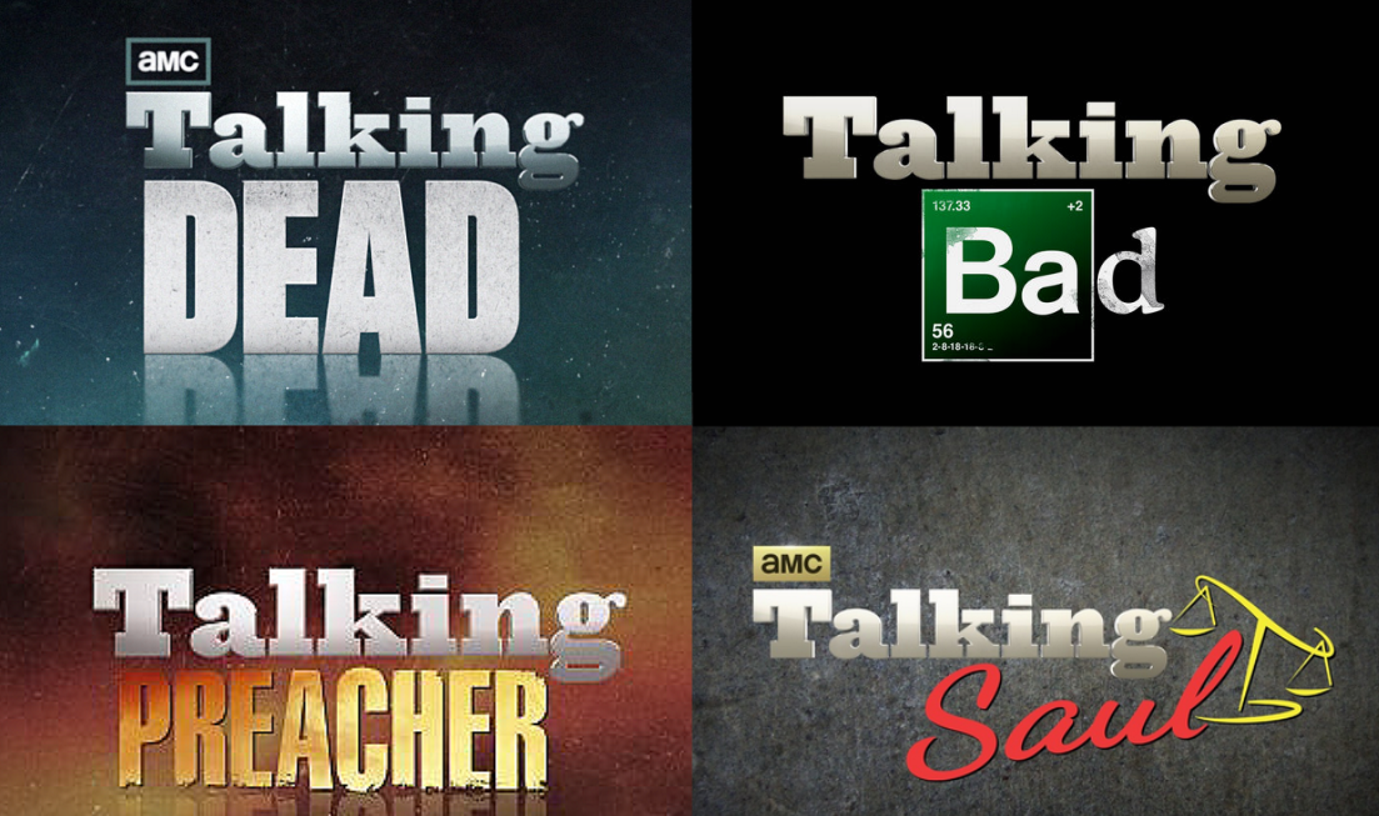
After TALKING DEAD, the titles of AMC after-shows became progressively less clever
Image Source: Self-created
Just to be clear, not all after-shows are the same. AMC has established a formula with TALKING DEAD and the other shows, but not all series follow the same pattern. For example, AFTER THE THRONES doesn’t regularly have cast and crew from the main show as guests; the central discussion is held by the two hosts. This definitely reduces the potential of spoiling the main show for viewers, but it also loses the exclusive behind-the-scenes edge. You can’t really win with these shows, because the circumstances of their production limit all opportunities for proper exploration of a TV series.
So, now that I have turned you off of after-shows, what are you to do now? How are you going to soak up all of the knowledge and discussion of a television series that you possibly can? Not to toot my own horn or anything, but things like Crossfader Magazine are a great way to observe and contribute to the conversation. Articles or videos made by fans and not the actual producers can actually look at a series from several different angles. My personal favorite is podcasts. When I stopped watching AMC’s TALKING DEAD, I soon found a podcast dedicated to THE WALKING DEAD and I haven’t stopped listening to it since. It’s called “The Talking Dead Podcast” (it was named that before the creation of AMC’s TALKING DEAD), and it’s hosted by fans of the show and comics named Chris and Jason. There is a podcast for pretty much every show out there, and they’re infinitely better than watching an after-show.
You’re welcome. I just saved you an hour of your lives per week.


